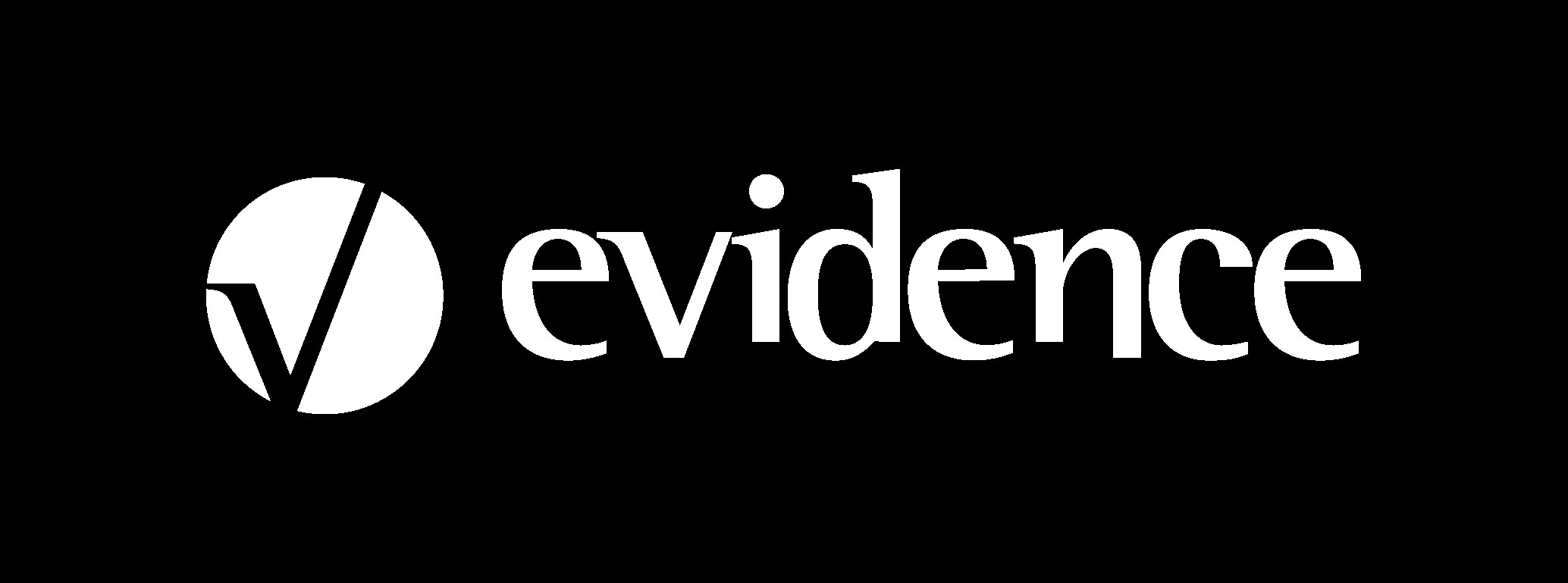Talent Acquisition and Retention in Audit Firms
One of the main challenges facing audit firms is attracting and retaining talent.
This concern is shared by large professional corporations in the sector, such as the Register of Economists Auditors (REA) and the Institute of Sworn Auditors of Accounts of Spain (ICJCE).
Recent analyses reveal a growing shortage of professionals in the auditing field. Fewer and fewer are entering the profession.
Emilio Álvarez, president of the REA, commented in the newspaper Expansion On April 3, 2023, the president stated that "there is a paradigm shift in what our young people want, and a population decline that makes it difficult to replace auditors."
The Change in the Perception of the Profession
In the past, auditing was viewed as a professional platform, providing extensive training and access to multiple business realities.
Professionals were surrounded by experts who helped them build a solid foundation, guaranteeing diverse career options for the future. However, young people today are no longer drawn to this vision.
Andersen's Legacy
In the 90s, the Big Five (Arthur Andersen, Price Waterhouse, Coopers & Lybrand, Ernst & Young, and Peat Marwick) represented the highest levels of the profession. Arthur Andersen distinguished itself with its focus on auditing and consulting, becoming a benchmark. In the book The legacy of Arthur AndersenCarmelo Canales and Francisco López highlight key principles such as unity, integrity, cooperation, and talent, which have marked the firm's success.
The Talent Principle: "The Best Place to Work"
Arthur Andersen fostered an environment where only the best professionals were admitted, rigorously selected and thoroughly trained. They were given responsibility from day one and generously compensated. Cooperation was essential, but competition was also encouraged to achieve high standards of professional excellence.
Arthur Andersen, although it fell due to its own inefficiencies, has been a model for many smaller firms. We try to replicate its best practices, learning from its mistakes.
The Auditing Profession
Being an auditor is not only a profession, but also a lifestyle. The profession has evolved, and the professional profiles required are increasingly multidisciplinary. This transformation reflects the need to adapt to the new context and remain relevant.
Auditing is a profession of public interest. It provides confidence to investors and generates value for clients. It is essential that the regulator, the ICAC, and professional bodies assume leadership in promoting the benefits of the profession. Audit firm leaders must step out of their comfort zones and reach out to students to foster their interest in the profession.







